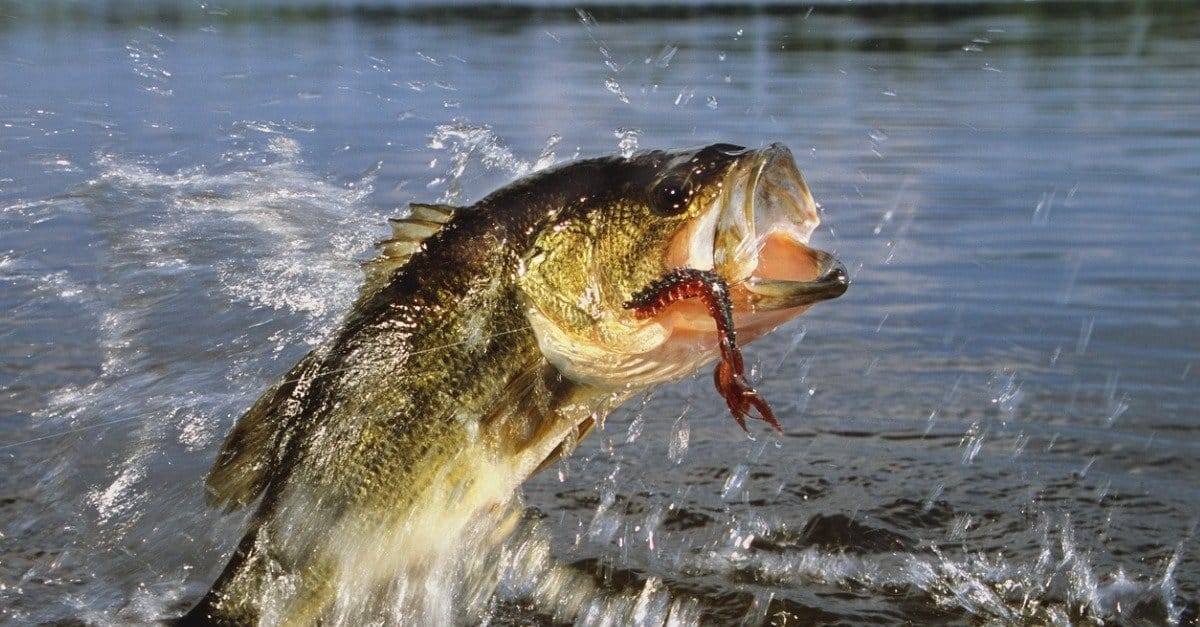Fishing is a timeless pastime that connects us with nature and offers a rewarding experience for beginners and seasoned anglers alike. Freshwater fishing, in particular, provides an excellent entry point for beginners due to its accessibility and abundance of fish species. To help you get started on the right foot, we’ve compiled a comprehensive guide with essential tips and tricks that will set you on the path to becoming a successful freshwater angler.
1. Choose the Right Equipment
Before you embark on your fishing journey, it’s crucial to have the right gear. A basic fishing kit for freshwater fishing should include a fishing rod, reel, fishing line, hooks, weights, and a variety of artificial lures and baits. Opt for a medium-sized spinning rod and reel combo, as it is versatile and easy to handle for beginners.
2. Learn About Local Regulations
Familiarize yourself with the fishing regulations in your area. Different states and regions may have specific rules regarding fishing licenses, bag limits, and species protection. Adhering to these regulations helps preserve the ecosystem and ensures the sustainability of fish populations for future generations.
3. Research Your Fishing Spot
Selecting the right fishing location is crucial for a successful trip. Start by exploring nearby lakes, ponds, rivers, or reservoirs, which are typically abundant in freshwater species. Online forums, fishing websites, and local angler groups can provide valuable insights into popular fishing spots and the best times to fish.
4. Master Basic Casting Techniques
Casting is a fundamental skill that all anglers must master. Practice both overhead casting and side casting to improve your accuracy and distance. Avoid making loud splashes when your lure hits the water, as this could scare away fish. With practice, you’ll develop a smooth and efficient casting technique.
5. Understand Fish Behavior
Knowing how fish behave and react to different conditions can significantly improve your chances of catching them. Fish are often more active during early morning and late evening, so plan your fishing trips accordingly. Additionally, understanding their preferred habitats, feeding patterns, and response to weather changes will give you a competitive edge.
6. Patience is Key
Fishing requires patience and perseverance. It’s not uncommon for beginners to experience slow days without any bites. However, don’t be discouraged; even seasoned anglers have their fair share of slow days. Stay patient, keep trying new techniques, and the rewards will come.
7. Practice Catch and Release
Conservation of fish populations is crucial to maintaining a healthy ecosystem. Consider practicing catch and release for some of your catches, especially if they are undersized or protected species. Handle fish with care, using wet hands, and release them gently back into the water to ensure their survival.
8. Experiment with Baits and Lures
Experiment with a variety of baits and lures to figure out what works best in your fishing spot. Live baits like worms, minnows, and insects are attractive to many freshwater species. Artificial lures such as spinners, crankbaits, and soft plastics also prove effective. Keep a diverse selection in your tackle box and switch them up until you find the winning combination.
Conclusion
Freshwater fishing offers an exciting and rewarding experience for beginners, providing ample opportunities to connect with nature while honing your angling skills. Remember to start with the right equipment, learn local regulations, and research your fishing spot before heading out. Practice casting techniques, understand fish behavior, and always maintain patience. Embrace the catch and release philosophy to contribute to the preservation of our aquatic ecosystems. With time, practice, and a passion for the sport, you’ll find yourself becoming a confident and successful freshwater angler. Happy fishing!
